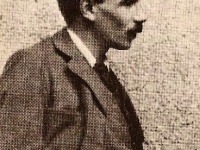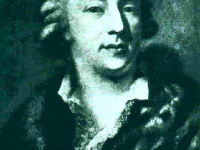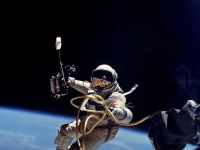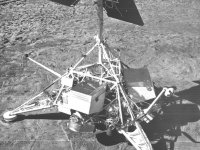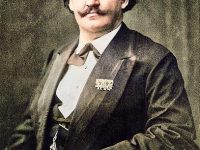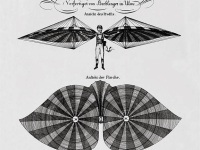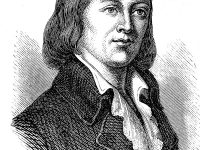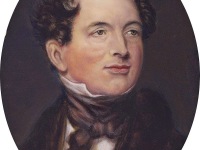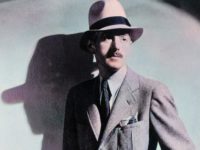John Maynard Keynes and his General Theory of Employment
On June 5, 1883, British economist John Maynard Keynes, 1st Baron of Keynes, was born. His work and his ideas have fundamentally affected the theory and practice of modern macroeconomics, and informed the economic policies of governments. He is one of the founders of modern macroeconomics and is widely considered the most influential economist of the 20th century. “But this long run is a misleading guide to current affairs. In the long…
Read more











